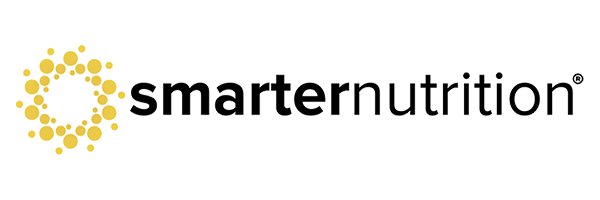There’s a high chance you’ve seen the Proposition 65 warning label at least once. You know, the one that states (with some variation):This product contains chemicals known to the State of California to cause cancer and birth defects or other reproductive harm.
This ominous warning might cause you to do a double take, but it's stamped on everyday items like baby food and couches or places like parking lots. And if this statement does cause you to be concerned, you're not alone. Let's unpack why we see these labels and what theyreally mean for us — here's everything you need to understand about California’s Proposition 65.
What is California’s Proposition 65?
Proposition 65 (Prop 65, for short) is a statewide initiative that requires businesses to inform Californians about exposure to chemicals that may causecancer, birth defects, or other reproductive harm. Formally, this initiative is known as the Safe Drinking Water and Toxic Enforcement Act of 1986.
It’s common to see these warnings anywhere you go, even within your household. The California Office of Environmental Health Hazard Assessment states that you may encounter the Prop 65 warning inplaces of business such as:
- Amusement parks
- Apartments
- Dental offices
- Hotels
- Restaurants
Additionally, you can expect to see Prop 65 notices on ordinary products like:
- Food
- Beverages
- Furniture
- Household cleaning products
- Petroleum products
What kind of chemicals fall under Proposition 65?
There are over 800 chemicals included in the list of substances that require a Prop 65 warning, and California updates this list every year. You can browse through each onehere, but here’s a quick overview:
The list of 800+ substances includes highly toxic insecticides likeDDT as well as naturally-occurring elements like lead, mercury, and arsenic. Additionally, the list covers substances that people may ingest on a regular basis, like aspirin, alcohol, and cannabis smoke.
As might be expected, you could feel overwhelmed by the various ways you can become exposed to these chemicals. But the simple presence of the Prop 65 notice doesn't mean you're in constant danger. Think of Prop 65 as a courtesy label for the product you use or businesses you visit. You’re alreadyprotected against harmful chemicals by national organizations like the Food and Drug Administration (FDA) and the Environmental Protection Agency (EPA). Proposition 65 goes a step further to notify you that you may or may not gain exposure to these chemicals.
Not to mention, California also exercises an abundance of caution when it comes to the levels of exposure. Under Prop 65, standards known as the “Safe Harbor” levels govern whether a product needs a warning; these levels can be up to1,000 times lower than required by the FDA or EPA. That’s why Prop 65 labels are so commonly seen in everyday settings.
Are products with a Prop 65 warning safe?
Prop 65 warnings can be confusing. To provide perspective on safety, let's take a look at fruits and vegetables, which often display Prop 65 labels.
As we all know, produce is grown in soil. Natural chemicals like lead, cadmium, or leadcan be present within the soil and/or water used to grow the produce. And because trace amounts of natural metals can show up in these fruits and vegetables, grocery stores must determine if they should include Prop 65 warning notices for these products..
Other commonly-eaten food you might see this label appear isfish, seaweed, and other seawater products. Because seawater often has mercury and arsenic, these foods require Prop 65 when sold in California.
So, it’s not exactly possible to say thatall products with a Prop 65 warning are dangerous.
The best way to understand if a specific product or service is safe for you is to understand which chemicals are in the product or location that the Prop 65 label is attached to and do your own research on how that may affect you. It’s safe to say that you don’t have to avoid products or services only because they have a Prop 65 warning.
Why do I see Proposition 65 labels on my supplements?
Most likely, you may see a Prop 65 label on your supplement because the ingredients may contain trace amounts of lead. For example,ginger and turmeric are two popular botanical ingredients with health-boosting properties. Because both of these vegetables are grown in soil that may be naturally exposed to lead at times, those selling products containing these types of botanicals must determine whether a Prop 65 warning is required.
We'll also remind you again that supplements, just like food and beverages, areregulated by the FDA. In order to achieve FDA approval, supplements must pass its health standards.
How does Proposition 65 affect me?
Prop 65 notices provide purchasing transparency for Californians but may also create unwarranted panic or agitation for those that don't understand Prop 65 clearly. Although helpful, the labels don't include any details such as the specific chemical in question, exposure levels, or any other information to clarify how the exposure may affect your well-being.
In any case, every Californian has the right to see a Prop 65 warning label in required instances,even if the product is manufactured or sold by a business in a different state. The proposition exists to provide more power to you by allowing you to make informed decisions that work best for you.
Ultimately, you can take the warnings with a grain of salt. Complete your research, and do what feels right for you.





